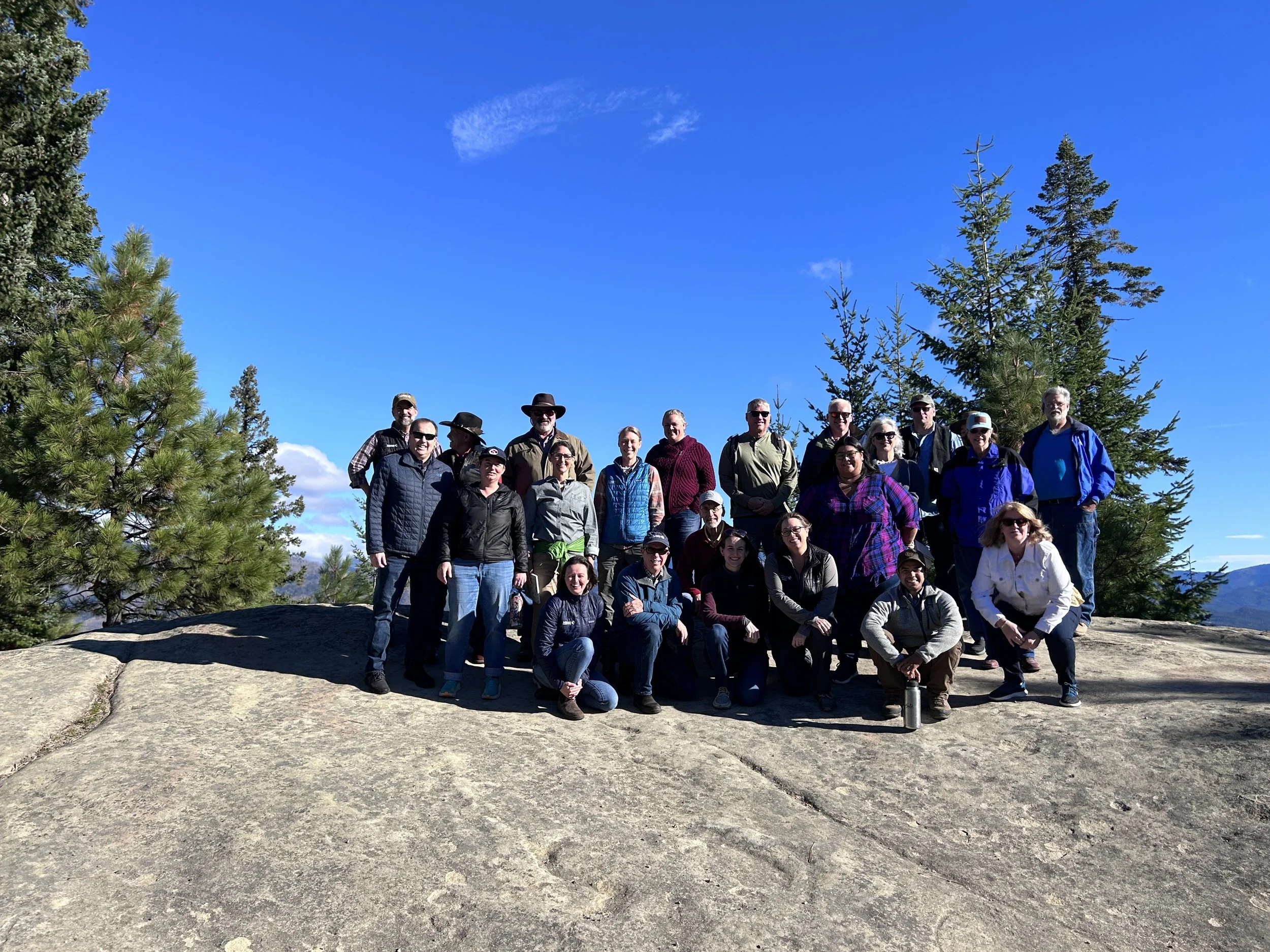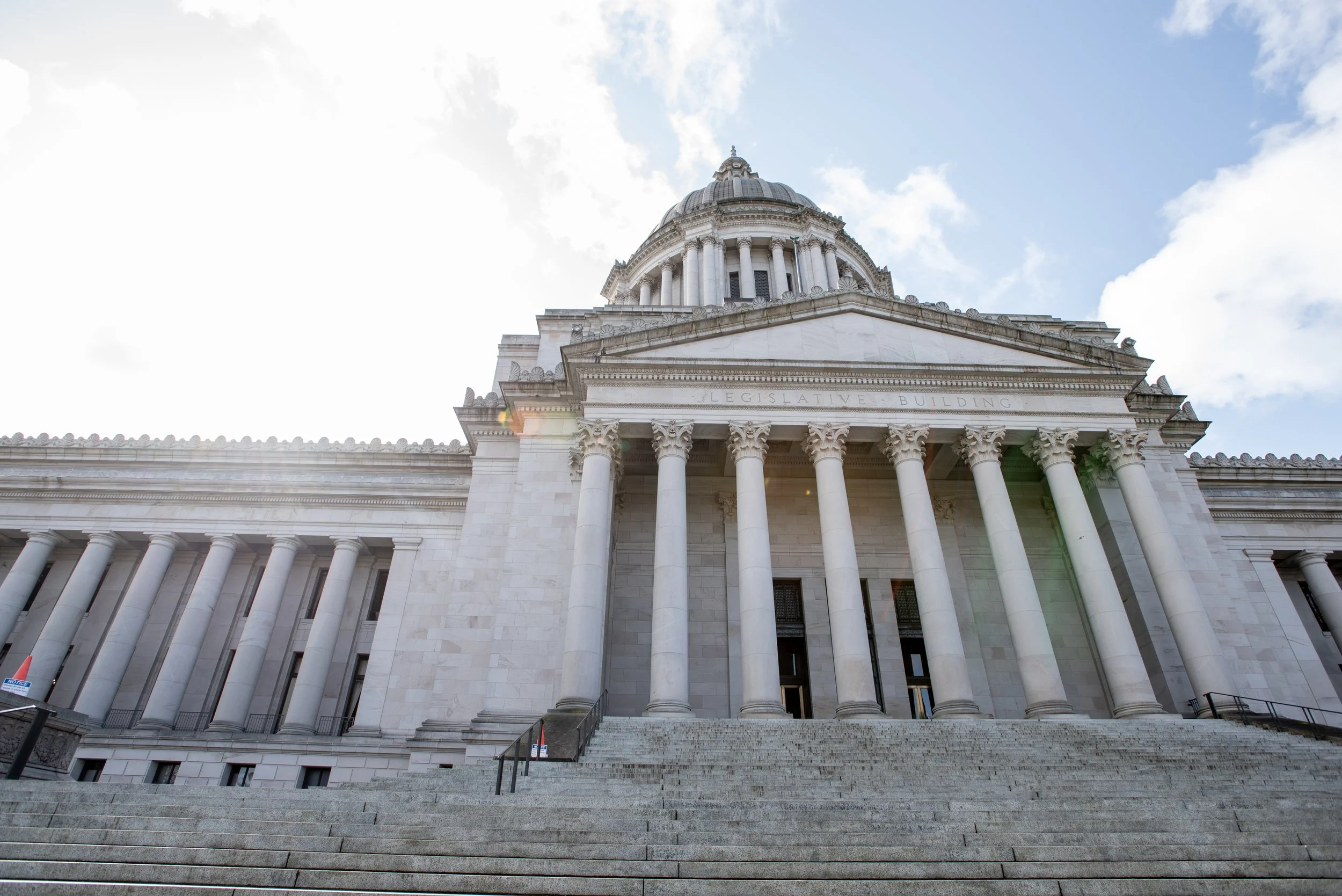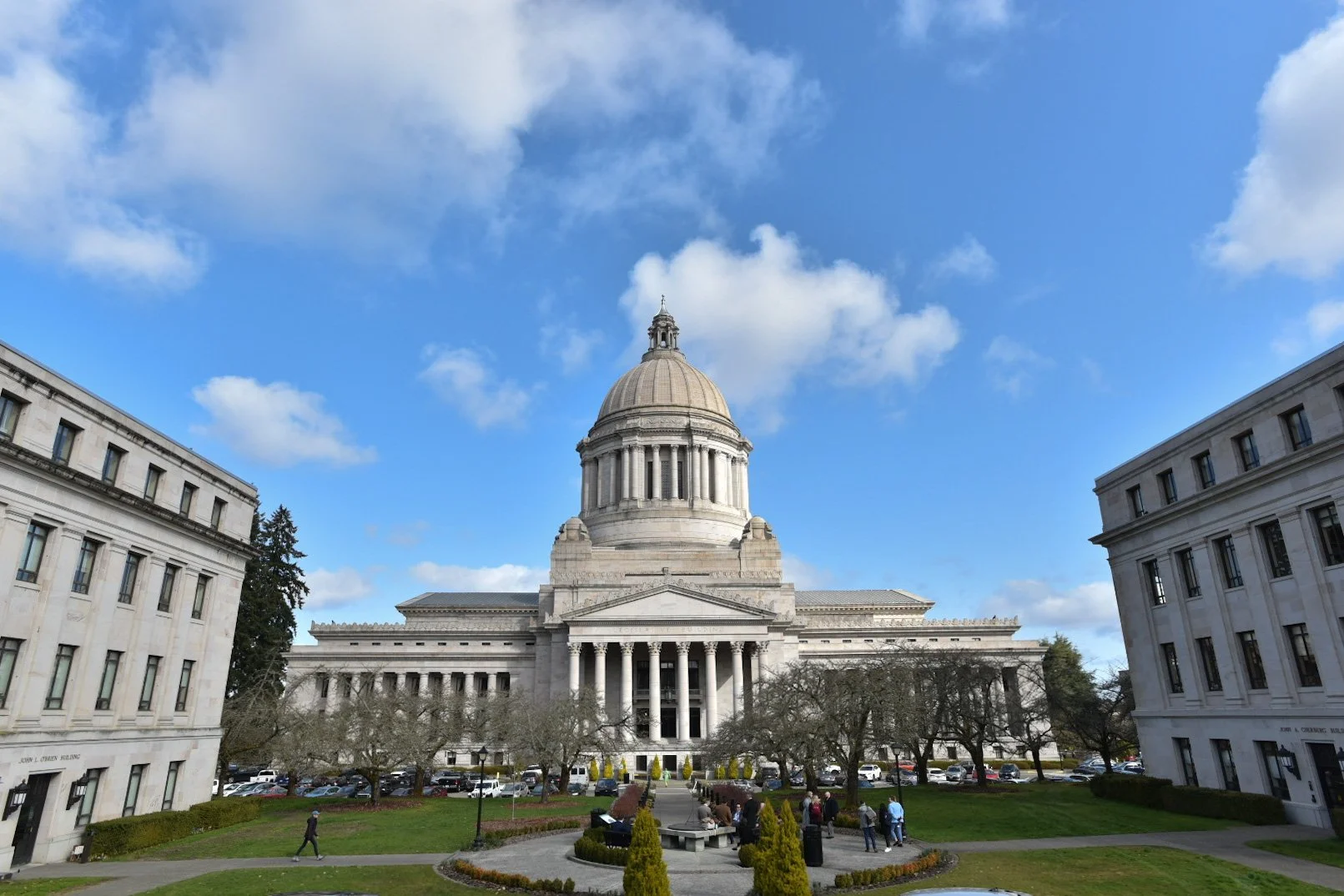Washington’s forests just won a major victory long sought by conservationists, firefighting agencies and communities across our state: the passage of a comprehensive wildfire funding fix in Congress’s FY18 omnibus appropriations bill.
“The funding fix in this bill is a tremendous win for everyone in our state,” said Mike Stevens, state director for The Nature Conservancy in Washington. “We’ve all paid the price of wildfires in Washington, including the high cost of fighting them, the risk to firefighters and communities, the smoke that damages our health and the loss of forests and homes. Thanks especially to the tenacity and leadership of Senator Cantwell and Representative McMorris Rodgers, Washington’s forest managers will be able to better care for our forests’ health and reduce the risk of damaging fires, such as those in the Central Cascades last summer.”
The bill’s much-needed comprehensive solution to the wildfire funding problem is a significant win for Washington’s forests and communities. The federal government will now be able to use disaster relief dollars to pay for fighting catastrophic wildfires, which will fund wildfire suppression like other natural disasters. This will free up federal agencies to spend more of their budgets on programs that make forests healthier and less fire prone, ultimately protecting people and property across the U.S.
The Nature Conservancy has worked with partners including forest-health collaboratives, outdoor-recreation companies, local governments, the timber industry, and sportsmen’s associations to demonstrate the broad, statewide support for a better way to fund wildfire disaster recovery and prevention.
The bill funds several other programs that conserve Washington’s lands and waters and support rural counties, including:
- The Land and Water Conservation Fund receives $425 million—a $25 million increase—under the spending bill. This higher level of funding will allow the program to better protect natural areas and recreation sites in nearly every county in America.
- The Payment in Lieu of Taxes (PILT) program receives $530 million and the Secure Rural Schools (SRS) program is reauthorized. These programs both provide revenues to rural counties with federal lands, including funding for local school districts, fire districts and other essential services.
Lawmakers chose not to include several provisions that would have undermined environmental protections. We appreciate Congress’ decision to invest in conservation to benefit people and nature. The passage of today’s spending bill demonstrates that bipartisan cooperation can lead to significant progress for conservation in America.



























